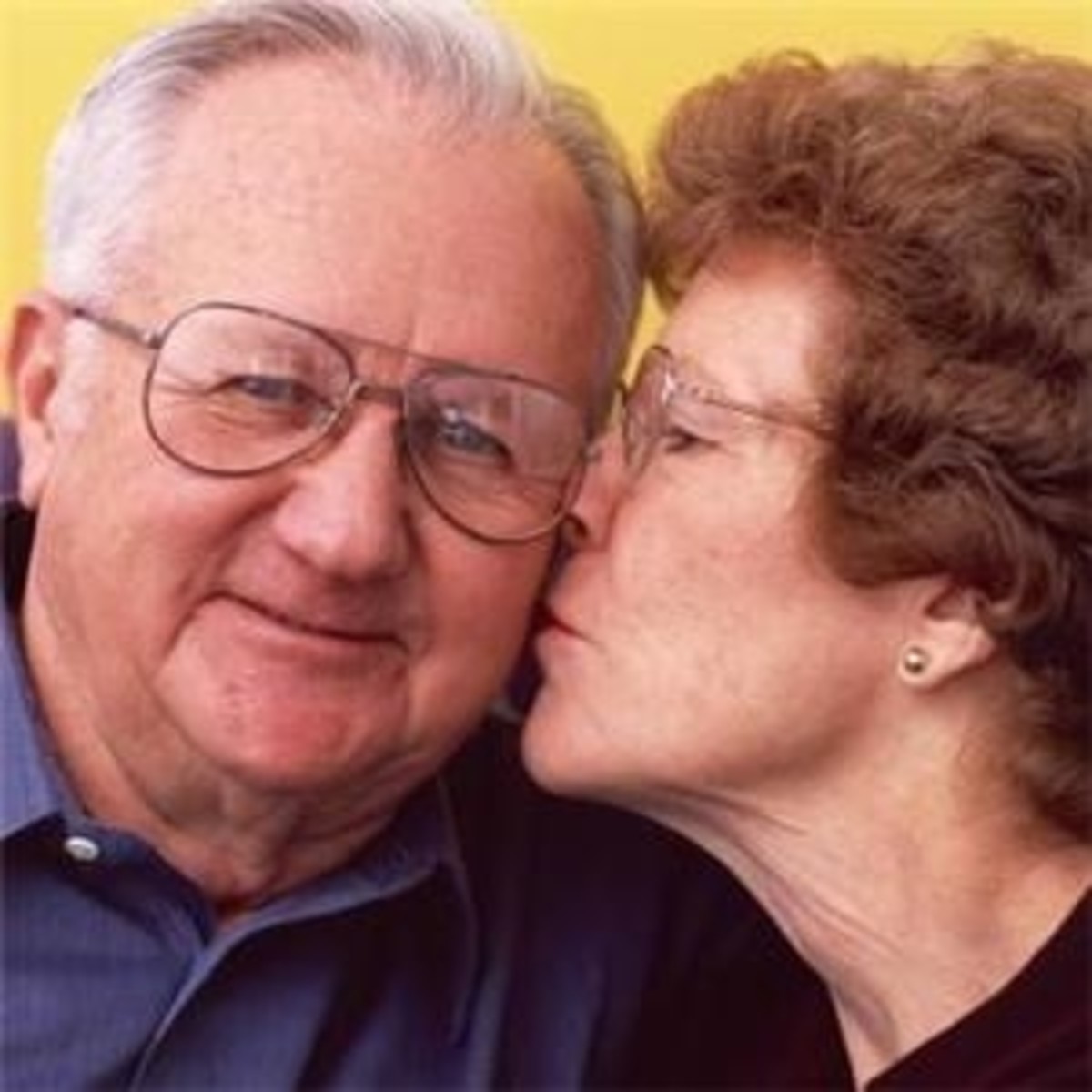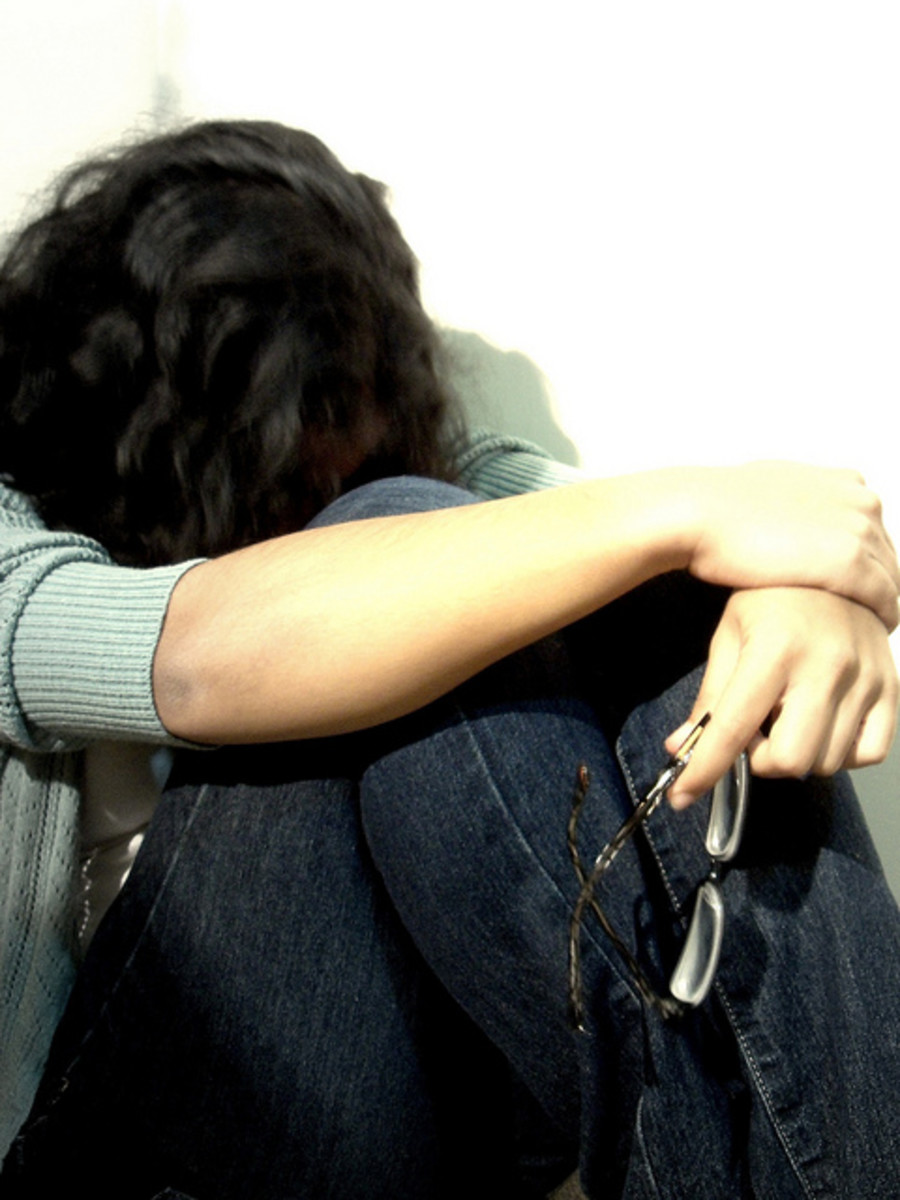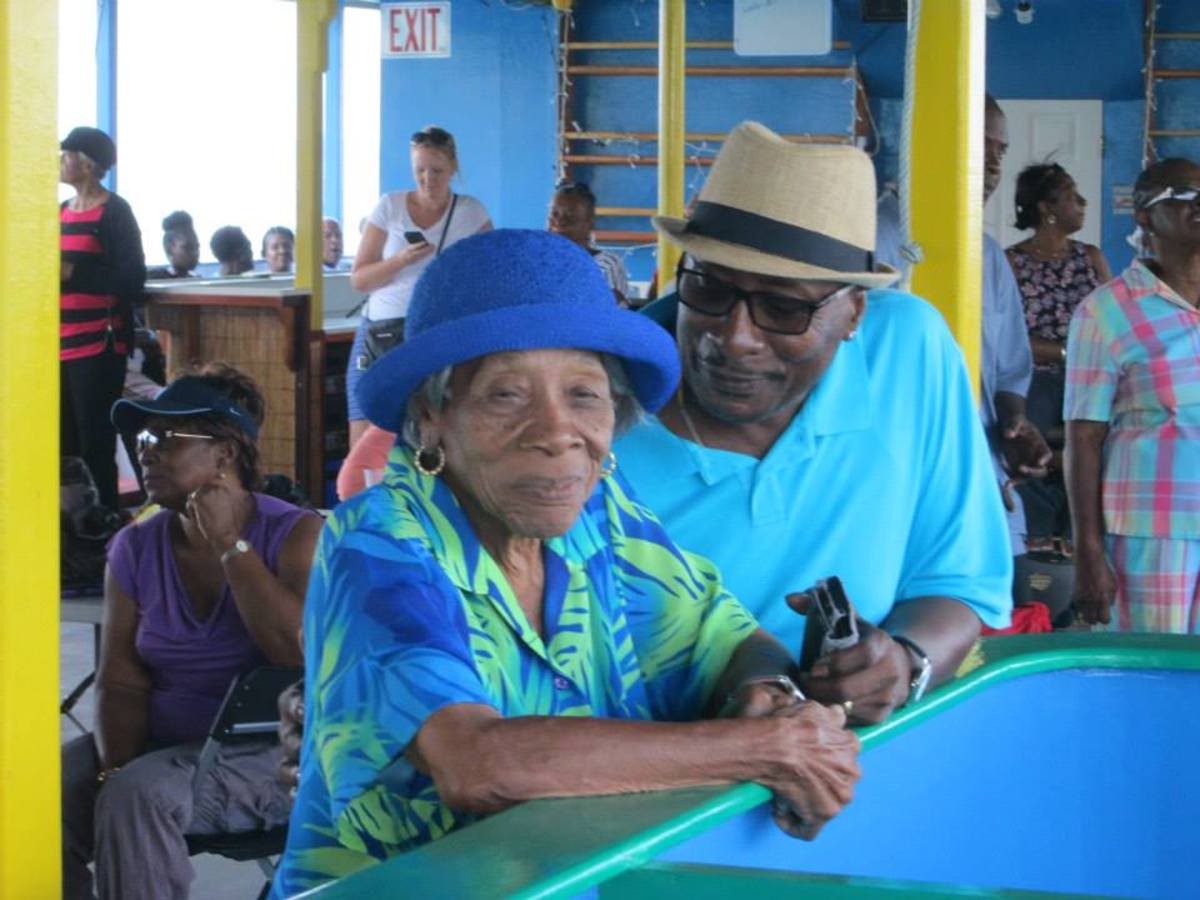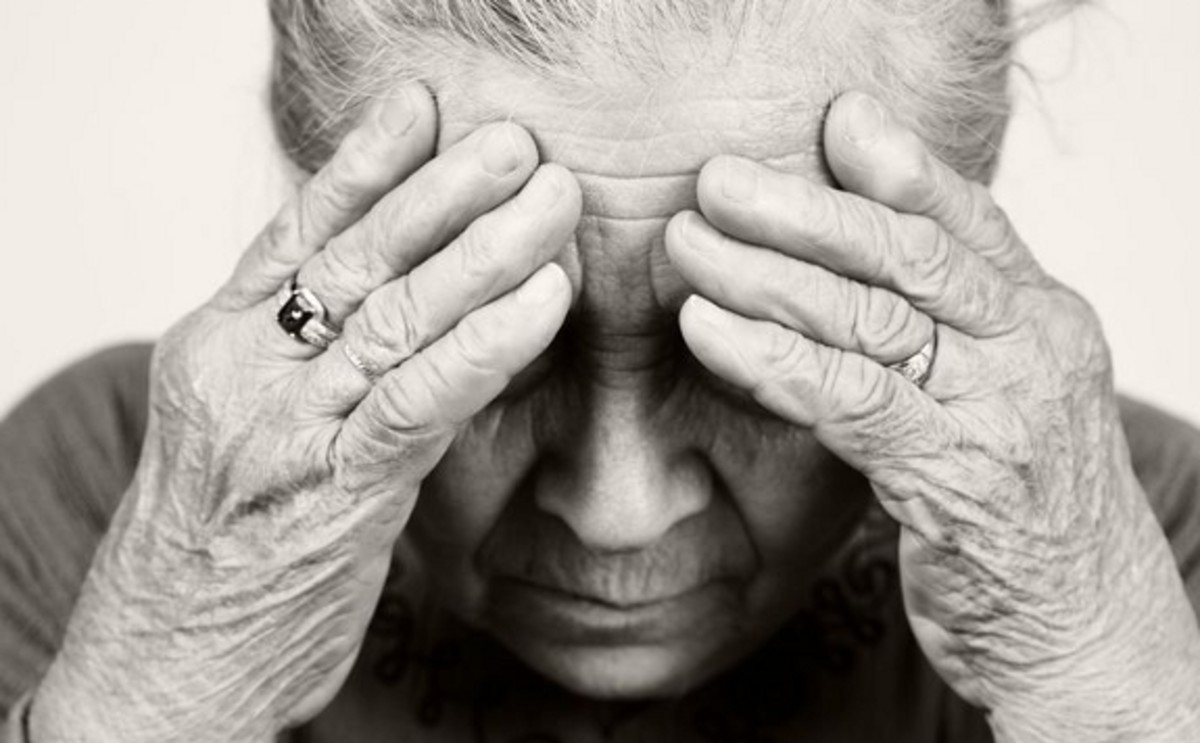Our Elderly Population: Preserve Their Dignity
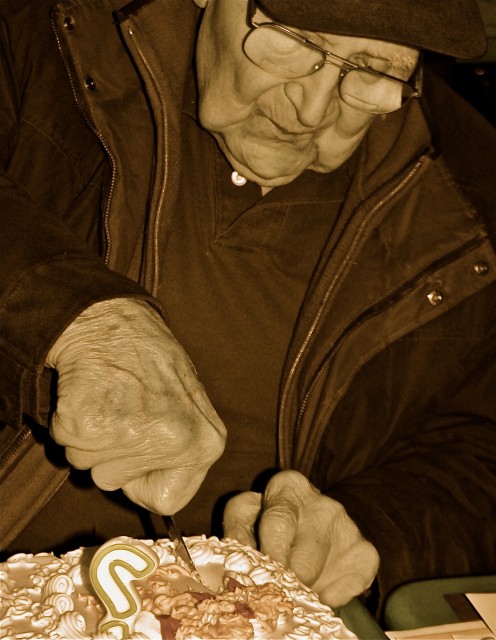
Ageism in Health Care
Ageism is simply defined as age discrimination or negative stereotype about older people by depriving or denying the same standard of care, respect, and role in society as the rest of the population. Not only stereotyping is associated with older people, but labeling. There is nothing more disturbing, obnoxious and despicable than a social group or individuals with idiotic attitudes toward our older population, who dare to refer, behave or treat an elder person without dignity, respect and understanding. This article defines "older individuals" as individuals ranging from the ages of 65 and above.
Health Care Quality of the Elderly
A thorough understanding and education on the elderly population is imperative for healthcare practitioners to have. These requirements are not at all meant to place aside this population, but to recognize the similarities and differences among age stages taking into account their necessities as patients. There has been a growing number of older people (Baby Boomers) who are living longer and have more complex conditions and illnesses. This has brought a legitimate concern on how to deal with the health issues of the elderly when there are not many healthcare providers prepared for. Besides the importance of healthcare staff to be trained on medical approaches in order to be able to deal effectively with older patients, it is imperative to give detailed attention to issues related to the dignity, respect and autonomy of older patients.
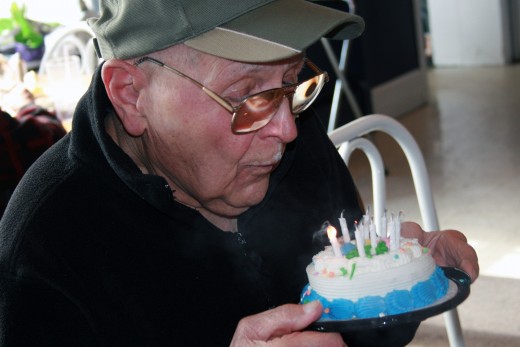
Dignity, Respect and Autonomy - Rights of older patients
Insensitivity could be the right term to explain why the rights of dignity, respect and autonomy are being are undermined. A lot of evidence could be obtained from anecdotes by elder individuals and family members On the other hand, disrespectful anecdotes from clinical staff about their older patients are too frequent.
- Dignity & Respect
Unfortunately, there are many health care practitioners and clerical staff who do not take into account how important is to preserve and treat older patients with dignity. Dignity can be defined as a way or quality of treating ourselves with respect and pride, as well as having the right to be treated by others with proper respect. Dignity is viewed as moral and ethical human being aspect that is inherent in every individual. No human being can be separated from the notion of their dignity because it is an innate right of worthy. On the other hand, the degree or importance of dignity are defined and constructed by societies, beliefs and ideas, which do not necessarily meet the inherent dignity of a human being.
Knowing how important is to preserve ours and others dignity, is that we can determine if older patients are treated as they should be. Studies and observations have suggested that many of the older patients who are more quiet, ill, disable or look less confident are being treated disrespectfully by staff in all levels in the healthcare system by demonstrating prejudiced attitudes and insensibility. These attitudes and action can be very destructive and detrimental to the wellbeing of the older patients.
Respect could be defined as the means to maintain that sense of dignity in older patients. This aspect should grow even more as a patient becomes disabled and/or ill. One of the most important things the elderly need to maintain their dignity is to be respected by staff actions, words, and behavior. Medical staff must know how to ethically show respect to patients at all times. This is quality of health care.
It is alarming and discouraging to witness or hear stories about the way elderly patients are treated in hospitals and outpatient visits. Who gave the right to clinical and even clerical staff to undermine the dignity of a patient, and in this case, older adults?
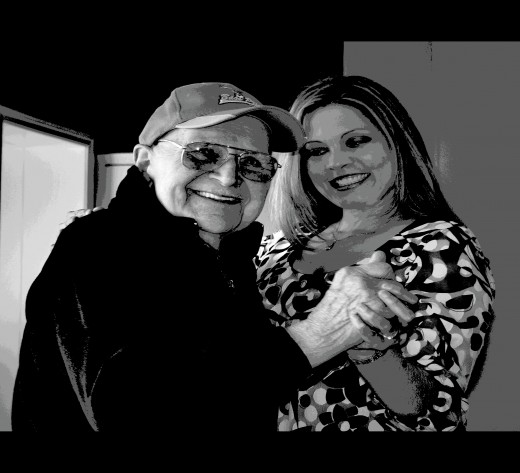
- Autonomy and Sel fDetermination
Clinical staff must acknowledge how important is for every human being maintain a sense of autonomy by being part of choices and having control of his/her health and daily lives. One of the worst feeling an older patient could have is lack of control. It is obvious that many health care professionals do not respect how dignifying is for a person to own their autonomy. Would they be underestimating or undermining the elders and their capacities and intelligence?
It is known that, unfortunately, health care staff is faced at times with frail older patients who cannot make their own decisions, but that does not mean that they are not expected to offer a high quality of service and care. When the older patients are not able to make decisions by themselves, it is an obligation and responsibility of a health care takers to inform, educate, assess and assist the patients as much as possible. It is also important for the staff to have the appropriate training on how to find the degree of capability of the patient to make some choices.
Health care providers must focus at all times on the preservation of the older patients' dignity and autonomy by respecting them.
To all health care physicians, medical and clerical staff, make sure to use your education, training and knowledge when caring for an older patient. Stereotyping and ageism cannot be allowed and ignored. Make sure to effectively communicate and listen to older patients; be sensitive to their needs and feelings; Do not violate their rights.
I hope the quality of health care for the elderly is taken more seriously and closely supervised because it is a disgrace to know that more and more people with less and less education and training regarding this beautiful, vulnerable and bright individuals, are the ones taking care of them. Or not?
Note: It is imperative to point out and recognize the work and determination of those individuals in the health care field who genuinely care and respect our elderly population. We should always remember to thank those for their job and professionalism.
© 2012 AnnaCia



